NaNo Prep
...Some thoughts in this final week before...

Ladies and gentlemen novelists (no matter the state of "profession,")
It is October 22, 2021; 9:08 PM ET as I finish this sentence.
November 1st is COMING
"...Let's get ready to WRIIII-MOHHHH!"

"NaNo...???"
"...WriMo???"


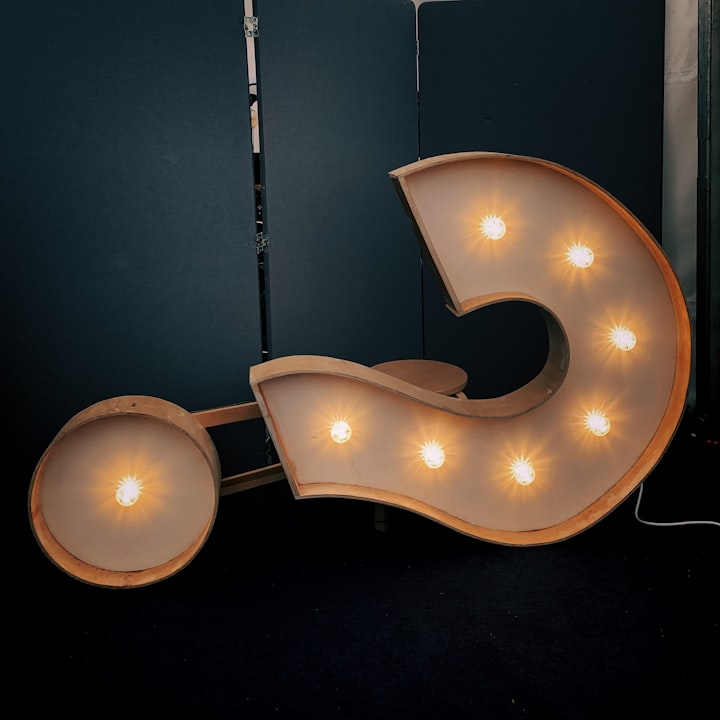
Oh; how silly of me. Being a community of writers here does NOT make us all novelists. And, even so, not every novelist is born knowing what the Alphabet Soup concoction of "NaNoWriMo" even is (it was 2007 for me, I think, and, if so, then I was a Junior at Grand Valley. A girl in one of my writing classes mentioned it to me).
"NaNoWriMo" means "National Novel Writing Month" and it occurs in November. The challenge: "Write precisely 50000 words...COMPLETE a Novel between the dates of November 1st and November 30th."
In my book, a novel is a beginning, the filler in between, and a concise end; that requires no arbitrary wordcount. (The organizers OF NaNoWriMo disagree with me there; but the word counter and novel completion are manually entered and, therefore, very much open to the honor system. That is a pro-tip for some of you; but I encourage honesty).

Maybe you've never heard of National Novel Writing Month. Maybe you have and this will be your first time going through the ringer (Welcome and good luck, by the way). Maybe you've participated 15 times now (hey, I have no idea how old NaNoWriMo actually is). Maybe this year, it's just not for you; and that's OKAY too!
There are some handy tips and tricks of the trade that could help participants however...
Your ACTUAL PROJECT is to START on November 1st!

This goes back to the Honor System; but if you are going to do this, and want to feel GOOD about your accomplishment at the end of the month, I do beseech you to start and end within the time constraints.
If this means that at 12:01 AM, Monday, November 1st, you start pounding out your novel on the keyboard or the tried-and-true of scribbling in a notebook by flashlight, who am I to stop you?
MY favorite method: "I suddenly begin setting alarms for 5:45 AM each day."
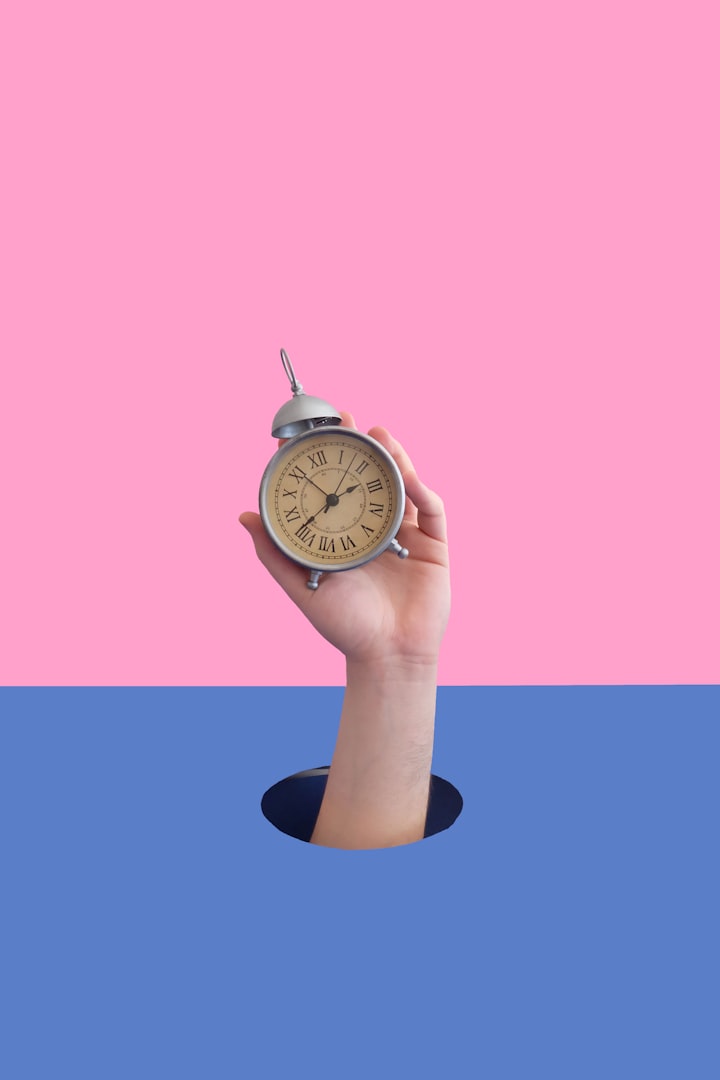
By 12:01 Monday November 1st, I, personally, hope to be getting some rest as I dream out the opening scenes and sequences.

...Actual PROSE is to BEGIN November 1st. CHARACTER MAPPING, STORY-MAPPING, MAKING THE ULTIMATE PLAYLIST BEFOREHAND IS GENERALLY VIEWED AS ACCEPTABLE!
There IS actually a work-around that fits WELL within the rules.
If you have a story idea in place, WRITE IT DOWN!
Plan out your characters/cliques/factions/locations in advance!
If setting your story to MUSIC helps you, BUILD THAT (appropriate) SETLIST! (There's no use in having a new college freshman deposited onto a new campus and new life over the overtures of the "Imperial Death March;" or for the intergalactic space hero to land on a new world as the Backstreet Boys play in the background [Wait; let me think about this! "The good guys land their ship before an evil army, they disembark to do battle for the liberty of an unarmed race of people, and *BACKSTREET'S BACK, AL...]*).
...Wrong; wrong on so many levels.
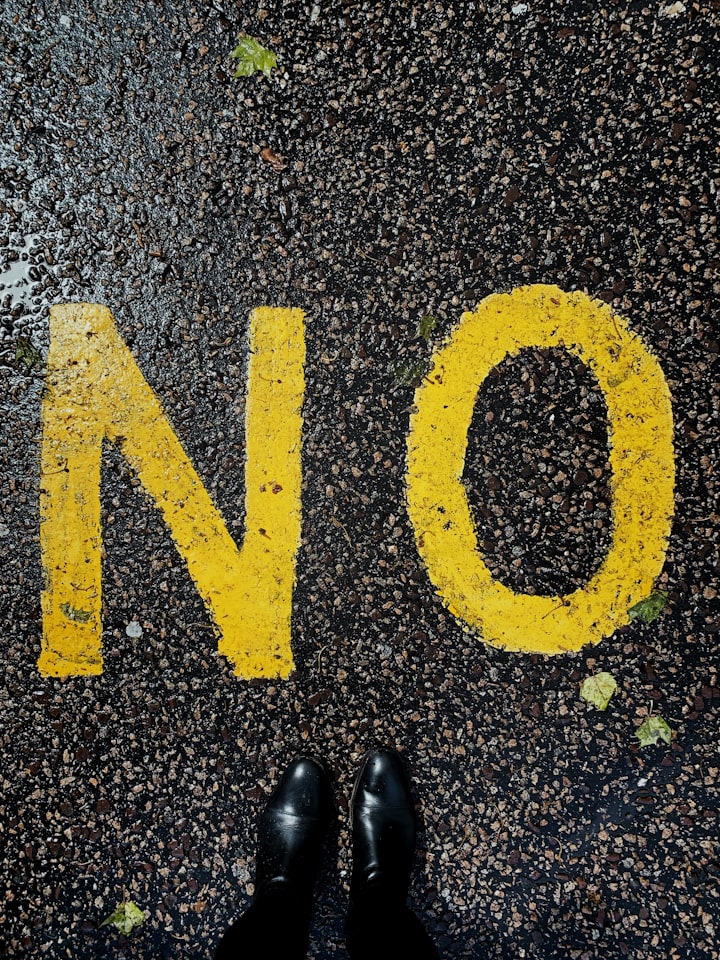
Set a writing schedule
Again I say, I like around 6:00 ("5:45" is for me to get out of bed, then turn on a ten-year-old desktop computer, then have it warm up, then have Microsoft Word actually comply, then have Word closed by 7:40 when Webroot will run its morningly scan, etc.)
I digress. I like early morning. Due to my living situation being back in my parents' home, there's little chance of them bothering me this early. I have barely woken up and I do some of my best wordsprints when I don't know what the hell I'm saying (more on this later). I'm feeling MOTIVATED to START MY DAY OFF WRI...I mean "Right." Any ideas that I may have cooked up in my dreams are still fresh. I'm not thinking of the distractions of the television (more on THIS later as well). If I start writing at 6, there is little chance that I'll have to hear about the interruption of "Breakfast!" that doesn't come until somewhere between 7:30-8.
Maybe you actually do YOUR best writing AFTER a work day. Maybe on your lunch hour. Maybe right after breakfast. Also, do not RESTRICT your writing time to only your (early morning/noon day/evening/precisely 10:30-11:45:15) arbitrary schedule. If you find yourself with a GREAT idea, and risk losing it, WRITE that scene at your earliest convenience! (Even if the computer isn't being cooperative, a pen and notebooks have done some of our ancestors, and even surviving family and friends, very well in a pinch).
Have your novel actually play out like a (movie/serial/next-great-Netflix-series).
This goes back to how "Making a playlist/soundtrack" honestly works for some people (and by some people, I mean ME).
In past years, over "science-fiction"/"supernatural" works, I've scripted out, built, and reorganized playlists as part of "Day 1" (Lots of instrumentals for sci-fi, some "fun" tracks for superhero works, background instrumentals for "walking" scenes, etc.).
This year, it occurs to me that...
A) ONLY actual WRITING HAS TO wait until the first of November
and
B). Building, reorganizing, deleting, buying/downloading NOW, and playing the "perfect" playlist on the first day of National Novel Writing Month is cutting into precious writing time and tantamount to PROCRASTINATING (more on THIS later too).
Anyway, as long as we're setting our dream project to music, why not CAST the characters too? (You can use celebrities, friends, frenemies, work colleagues, family, the neighbor's dog, etc.). THEN, with the "cast" in place, why NOT project them moving from place to place and playing out scenes/dialogue? Let your mind go as your fingers fly and just WATCH that wordsprint roll!
Dialogue
...This rule varies by writer.
Me; I love dialog. Read ANY of my self-published works from Amazon (please; I have boxloads of my own books just waiting to be signed and shipped off to new owners). Anyhoo, "I love using dialog as word filler/'sprint'-builder and ANY of my previously self-published works (many former NaNoWriMo contestants) will tell you THAT)."
My niche for getting my BEST wordsprint going is to get a good conversation or even better DEBATE going between two or three characters.
Maybe YOU'RE a FIRM believer in the adage to "show; don't tell." We each have our own distinct voice. If your project can get into a good "groove" without dialog/would be best off in the "quiet" moments, do not let my arbitrary usage of dialog stop you from doing what is right for YOUR project.
Also, pretty-please share your secrets with me...
Talk about your project!
November 1st is coming up quick!
Maybe, like me, you have people in your circle who KNOW that you intend to be a writer/novelist.
Maybe one of them will slip up and actually ask a writer if they have a new project coming.
I was at dinner with a buddy tonight and HE asked...
Share your ideas! Spitball! Maybe hearing them out loud will cause you to rethink them or simply reinforce them; maybe you'll receive (deliberately asked for or not...) feedback. Either way, you are now TALKING about your project and you are THINKING about it!
Turn OFF the distractions
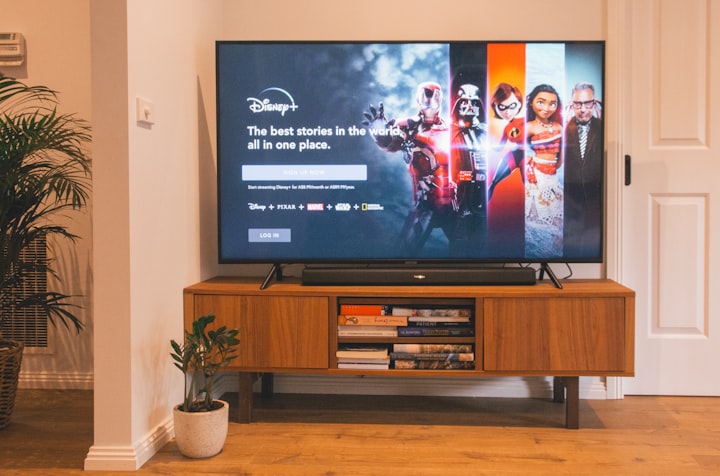
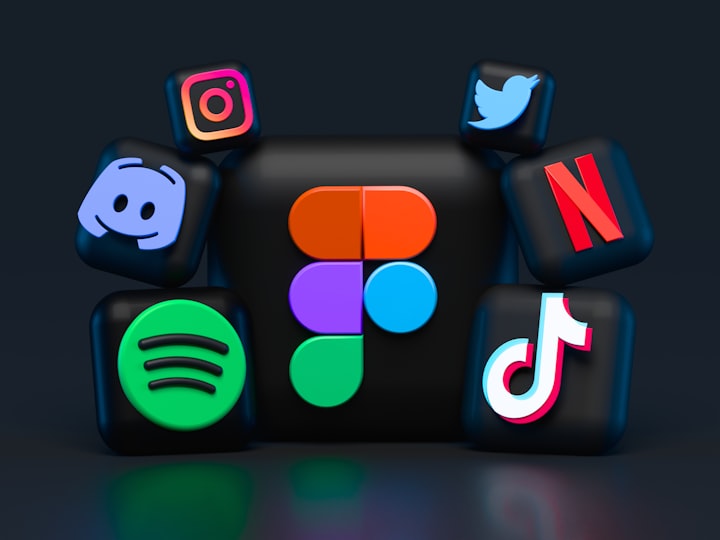
Facebook will be there when you get back.
Emails will be there when you return (or just purge a few the night before).
I can say with confidence that Steven Crowder's videos were still there last November when I declared myself done writing for the moment (Hey; I had discovered him while off work due to "stay-at-home" orders and his brand of humor hadn't worn out its welcome yet). The same is true for any OTHER YouTube/TikTok/"Viral" video (if a video is just so "viral" that it fades away in that 45/60/90 minutes that it took you to write, was the entertainment value of the clip really worth it though?).
Your DVDs/DVRs/Netflix/Hulu/Disney+ aren't going ANYWHERE while you commit yourself to your project.
Your videogame collection won't explode.
Any callers that you WANT TO talk to can leave a voicemail.
Your family and friends can be implored (PO-LITE-LY [the first 50 times in the first consecutive week]) to not disturb for the next hour or two.
...Now might be the time to remember to close your office door, post a sign to inform visitors that you're unavailable right now, or learn to soundproof on a budget...
Trust me; I broke this rule A LOT a couple of years ago
"I JUST picked up Batman Beyond on Bluray and would like to challenge myself to experience the whole series in subsequent days. Here; it can even play in the background AS I write!"
"...It's Mortal Kombat 11; THE AI can play Tower Modes FOR me! *Oh, just a sec; I have to hit that pesky X button to advance to the next fight. Hang on tight, middle-of-scene/-sentence..."
I'm older and wiser (at 37 vs. 35 anymore). Those were distractions back then (whether or not my attention STAYED on the TV for more than a minute every 30 seconds or so); they are distractions NOW. And, unlike the distractions of someone else's television set in the next room or someone entering to ask you a question, you ARE responsible for your own TV set and game console.
Save your work
Power outages happen.
Documents get damaged.
Flashdrives quit working.
You leave from one computer to the next and have forgotten your flashdrive.
Your computer is ten years old and chooses to spontaneously power off (no blue screen, no "shutting down" notification, no power outage, no nothing) of its own accord; with no warning and with your document open.
Save your work; to MULTIPLE devices (email a link to yourself, thumbdrive, the cloud, write in a notebook NOW to input later, etc.).
Do NOT force yourself to write!

"Hold up; did he SERIOUSLY just say...?"
The "he" is me and I did. Let me explain.
Let's say that you're in between scenes or at the end of a segment of dialog when...
...Writer's block happens.

It happens to the best of us.
Maybe you've been at this for "only" 30 minutes so far today and "only" have 1500 words for the day at the moment (I think the average word count per day to break 50000 Words in 30 days is right around 1866 or something).
You know what; you've been solidly at this for a half-hour and are 1500 words CLOSER to your end goal!
Staring at the page in silent frustration for the next 5 minutes will only make you cranky with yourself, cause you to hate your masterpiece, and (GASP!) drive you to dread having started your precious project in the first place.
Get up.
Go for a walk.
Play with the dog.
LIFT the television ban long enough for a SINGLE episode of a sitcom (okay; maybe two).
Read a book
...Say, doing these last two could be GREAT for awakening new ideas! (Just make these new ideas YOUR OWN; ESPECIALLY if you have ANY intention of publishing this project later).
THEN, at your next big "A-HA!" moment, PROMPTLY return to your work with a fresh perspective and renewed vigor...

Take care of yourself.
Keep a good sleep schedule.
Continue to eat healthily/sensibly.
Exercise.
Do NOT remove any and all social interaction from your life.
Do NOT tell your employer "hey; maybe I'll see you in December..."
Your writing project is important and sacred through the month of November. The wri-TER (that's you) is equally important; all of the time.
If NaNoWriMo goes swimmingly for you, your project will reach its completion by the end of November; YOU need to be around for family, friends, coworkers, and your NEXT masterpiece coming down the lane...
Caffeine could be your friend
Fellow early birds, this one's for you (and my choice of caffeine in previous years, until the FitBit journey started for me back in December, was a blue can called "Pepsi.")
An earlier alarm than your wake up time has just gone off. Your feet hit the floor. You turn on the computer. It will need a few seconds anyway. Time to CAFFINATE!
You won't catch extra zzz's spread across your keyboard; and you're so buzzed NOW that you've just started a CRAZY word sprint!
"Knowing what in the world you're saying" and "knowing what should stay and what should go" is for AFTER you've already, naturally, broken momentum.
Check your internal editor.
"Oh, no; THAT just won't work!"
"...I put that piece of dialog THERE???
"A period; it was SUPPOSED TO BE a semicolon!"

Editing is fine, it has a very IMPORTANT role; in your final draft.
When you desire the MOMENTUM to plow through a conversation or a scene, the absolute LAST thing you need to do is BREAK momentum to DOUBLE-CHECK your work.
Maybe every 3-5 days or so, possibly every couple of chapters, it can be healthy for you AND your work TO give it one more "read-over;" just NEVER when you are actually in the MIDDLE of the writing process. "Analysis-Paralysis" can prove MORE detrimental to a writer's momentum than ANY outside distraction.
Socialize
Sharing your project with friends and family face-to-face is fine.
SHARE your triumphs (and your trials) to Social Media as well!
Have a circle of friends in your social media who are all doing NaNoWriMo together? Check in with them; ask them (honestly) how they're doing (if you want honesty, this works best over messenger, not on their public wall). Most importantly, BUILD one another UP! Your competition right now is with yourself to produce a novel in a month; there is no NEED to tear down a fellow writer working to complete THEIRS. It's not THAT kind of a race...
Listen up
Fellow dialog builders, this one's for you as well...:
The best of us can get in a rut for dialog.
There's a way out!
LISTEN closer to the news (definitely make the scene your own later if it DOES end up in your work).
Listen a little bit closer to your favorite film/sitcom (once again, just as a jumping off point for something of your own later).
Listen (at a restaurant/at the bus stop/on the train/at the water cooler/...when someone IS speaking DIRECTLY to you).
You never know where your next brainstorm for a new scene/conversation will come from (so long as, in the end, you've made it your own).
Wordcounts are arbitrary
Novels are, traditionally, 50,000 words (or thereabouts).
Sometimes, a great story is TOLD in around 40,000
Other times...well, 50,000 words brings to somewhere kind of close to a pulse-pounding climax; but let me just...
...the purpose of NaNoWriMo is to COMPLETE a novel.
Keep going!

If you've told a COMPLETE and INTERESTING story in a novella, that's great!
If you require an EPIC for your tale to reach fruition, that is great as well; and I applaud your continued effort.
Thanks as always for reading and, be it in Vocal or in next month's National Novel Writing Month, as always, WRITE ON, fellow Vocalites!
About the Creator
Kent Brindley
Smalltown guy from Southwest Michigan
Lifelong aspiring author here; complete with a few self-published works always looking for more.
https://www.instagram.com/kmoney_gv08/



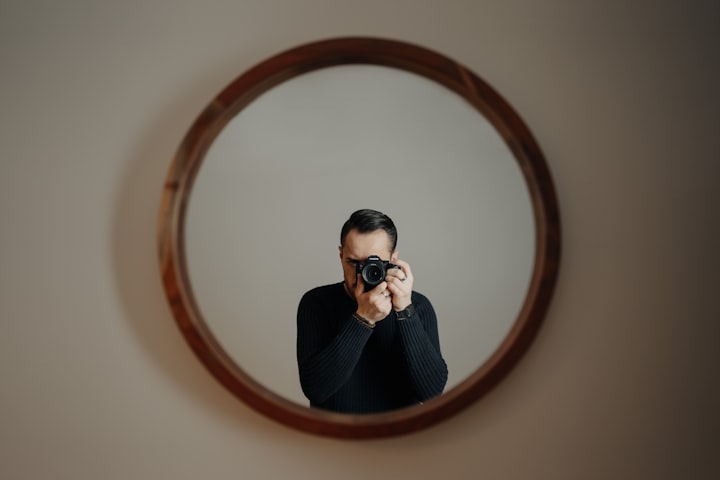



Comments
There are no comments for this story
Be the first to respond and start the conversation.